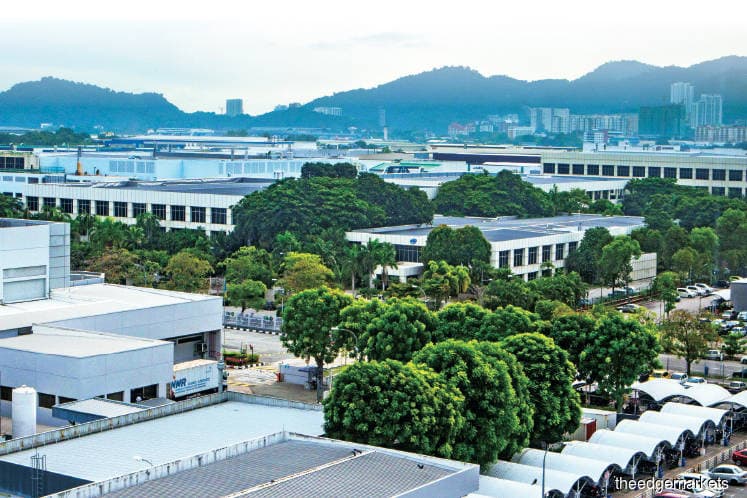
This article first appeared in The Edge Financial Daily on January 3, 2019
KUALA LUMPUR: Manufacturing activity in Malaysia in December suffered the sharpest deterioration in manufacturing business conditions since the survey began six-and-a-half years ago.
The Nikkei Malaysia Manufacturing Purchasing Managers’ Index (PMI) fell to 46.8, from 48.2 in November. A reading of above 50 indicates an expansion and below 50 points to a contraction.
“Harsher reductions in production and new business dragged the headline index deeper into negative territory in December,” said IHS Markit, which compiles the survey, in a statement yesterday.
It said concerns over demand led companies to use existing stocks to clear backlogs and cut back input purchasing. As a result, supply chain pressures alleviated, while purchasing costs increased to a weaker extent.
Nonetheless, it said confidence strengthened amid upbeat sales forecasts for 2019.
“December data revealed the strongest contraction in the Malaysian manufacturing sector ever recorded in the survey’s six-and-a-half-year history,” said IHS Markit economist Joe Hayes.
“Negative readings of the PMI have been recorded across each month of 4Q (fourth quarter), signalling that the goods-producing sector is likely to heavily weigh on the final GDP (gross domestic product) print of 2018,” Hayes added.
Hayes said sub-indices provide some deeply concerning trends. Most notably, demand fell markedly, while export orders dropped for the first time since June amid reports of economic weakness across the Asia-Pacific region.
“With production falling, firms cut back stocks of inputs and finished goods, suggesting that prospects for the start of 2019 are likely to remain negative,” said Hayes.
In a separate statement, IHS Markit said manufacturing activity in the Asean region edged down in December, the slowest expansion since March last year. The PMI dipped to 50.3 in December from 50.4 in November.
Excluding the fall in October, the latest data marked the slowest expansion since March 2018, IHS Markit said. Activity was dampened by another weak uplift in new orders, which rose only slightly. Export orders continued to decline, with firms widely reporting a downturn in overseas demand.
David Owen, an economist at IHS Markit, said five of the seven countries monitored by the survey recorded an improvement in operating conditions during December, led by Vietnam, whose manufacturing growth saw the strongest upturn despite growth easing from the particularly strong rate seen in November.
The Philippines also recorded a solid improvement, ranking second in the league table. Myanmar rose to third place, as the country saw conditions improve at the strongest rate in seven months, as new orders continued to rise solidly. Indonesia stood at fourth place, recording the first increase in new work since September, which in turn boosted output and employment growth.
Thailand manufacturers saw a marginal improvement in overall operating conditions in December, which nonetheless marked the first expansion in three months. Firms highlighted scaling up output to clear backlogs, with production rising at the strongest rate since May.
But Malaysia and Singapore saw solid declines in the health of their manufacturing sectors. Both countries recorded lower output for the third successive month, indicating a weak final quarter for businesses.